Vitex doniana (black plum) is a deciduous flowering tree from the genus Vitex (Verbanaceae). The genus is made up of trees and shrubs of medicinal values.
Vitex doniana can grow up to 20 m height, and has a heavy, rounded crown. The bark is rough, pale brown or greyish-white. It is widespread in tropical Africa, and South Africa.
The leaves are opposite, glabrous, with five leaflets on stalks. They are dark-green above, and pale greyish-green below. It is thick leathery with few hairs on the upper surface or no hairs. The flower petals are white, while the largest lobe is purple. The flowers are small, blue, or violet colored.
The fruit is obovoid to oblong-ellipsoid drupe 2–3 cm long, green when young, purplish-black when ripe. It has a starchy black pulp. Each fruit has a hard conical seed.
V. doniana is locally called “black plum”, “vitex”, “African olive”, or “African oak” in English, “Oori nla” in Yoruba, “Dinya” in Hausa and “Ucha Koro” in Igbo, “Prunier noir” in French, “mfudu”, “mfulu”, “mfuru”, “mfuu”, “mfundu” in Swahili, “plem” in Ethiopia, and “kashilumbalu” in Zambia.
In traditional medicine, the fruit has been used to treat fertility, leprosy, anemia, jaundice, and dysentery. Root extract is used for gonorrhea, while the decoction of the woody part is used for inflammatory disorders, stomach pains, diarrhea, rheumatic pains and dysentery. The stem back is also used for diarrhea. Pounded leaves and bark are applied to wounds and burns.
Progestogen-like compounds in the fruit leads to a transient reduction in reproductive function in female olive baboons.
Fermented V. doniana (black plum) juice is used for the production of wine. Seeds from the black plum can serve as coffee substitute. The young leaves of the plant are highly nutritious, and are used as an edible leafy vegetable. As it contains antinutrients, it is boiled to remove it.
Jams could also be made from the fruit. Syrup from the fruit pulp is a nutritive sweetener.
Composition
Black Plum fruit
The edible black plum contains crude carbohydrates, proteins, dietary fiber, fats, and ash.
Vitex doniana fruit contain cardiac glycosides, terpenoids, tannins, steroids, flavonoids,
saponins and alkaloids
Vitamins in the fruit include vitamin A, vitamin C, and vitamin B1, B2, and B6. Mineral content includes calcium, iron, magnesium, potassium, and phosphorus.
Leaf
The raw leaf of Vitex doniana contains approximately 77.03% of moisture, 8.10% of proteins, 7.57% of carbohydrates, 2.92% of fats, 2.75% of crude fiber, and 1.63% of ash.
The young leaf contains vitamins A, B1, B2, B3, C, D, E and K, with high quantities of vitamin C, and low vitamin K value. The macro elements include calcium, potassium, sodium, and magnesium while micro (trace) elements are iron, zinc, copper, and manganese.
The leaf extract contains hydroxycinnamic acid, saponins, tannins, cardiac gycosides, allicins, flavonoids, and terpenoids.
Essential oils: V. doniana leaves has a pale-yellow essential oils, mainly oxygenated diterpenoids with phytol and incensyl acetate. Linalool is the only oxygenated monoterpenoid. Sesquiterpene hydrocarbons are the main constituent with (E)-caryophyllene, α-humulene, and ar-curcumene.
Monoterpene hydrocarbons were not obtained. The volatile compounds include p-Vinylanisole, geranyl acetone, (E)-Nerolidol, (E)-β-Ionone, 2-Hexyl-(E)-cinnamaldehyde, benzyl salicylate, (E)-β-Caryophyllene, (E)-β-Damascenone, neophytadiene, serratol, phytol, humulene epoxide II, ar-Curcumene, isophytol, incensyl acetate.
Health Benefits of Black Plum (V. doniana)
Anti-inflammatory activity:
In a study by Silas Adjei et al., using carrageenan induced oedema in lab animals, the extract reduced the edema, probably through inhibition of synthesis and release of prostaglandins, lysozyme and proteases.
An anti-inflammatory compound, a triterpenoid, oleanolic acid, is isolated from the fruit. It is also found in rosemary, sage, clove, olive oil, pot marigold, and basil plants.
Oleanolic acid shows a dose-dependent inhibition of croton-oil induced ear oedema in mice, and additionally, it inhibits nitric oxide (NO) production.
Immune-stimulatory effect:
The black plum improved hematological factors such as number of red blood cells, pack cell volume and haemoglobin content. There is also increase in lymphocyte count and a mild increase in white blood cells.
Anticancer effect:
Oleanolic acid has antitumor activity against the proliferation of human leukemia and lymphoma cells, specifically, P3HR.
Antimicrobial activity:
V. doniana essential oils have antibacterial activities against Bacillus cereus, Staphylococcus epidermidis, and antifungal activities against Cryptococcus neoformans, Aspergillus niger, Trichophyton mentagrophytes, Microsporum canis, Aspergillus fumigatus, and Candida albicans.
Essential oils such as (E)-β-caryophyllene, caryophyllene oxide, and phytol are responsible for the activities.
Treatment of gastrointestinal infections:
Studies were carried out on the methanol extracts of the stem bark on perfused isolated rabbit jejunum and on castor oil-induced diarrhea in mice.
The stem bark extract inhibit bacteria that cause gastrointestinal infections, diarrhea, and dystentry such as Salmonella typhi, Shigella dysenteriae and Escherichia coli.
Hepatoprotective effect:
V. doniana root bark, stem bark and leaves extracts has In vivo hepatocurative activity in a rats model of CCl4 induced liver damage. It lowered creatinine, serum urea, serum ALT, AST and ALP, and albumin to normalcy.
Hypertensive effect:
The stem bark extracts of black plum shows a marked dose related hypotensive effect in both normotensive and hypertensive albino rats.
Anticaries effect:
The chewing stick made from the plant inhibit bacteria that cause dental caries, however, chewing sticks from Garcinia kola is more effective.
Trypanocidal activity:
Extracts of stem bark of V. doniana have some level of in vitro trypanocidal activity against Trypanosoma brucei.
Antioxidant effect:
Black plum has antioxidant compounds such as polyphenols, flavonoids and oleanolic acid. Antioxidants scavenge free radicals that cause oxidative stress and diseases in the body.
Dosage
Black plum is safe even at a dose of 3000 mg/kg body weight.
Side Effects
Vitex doniana leaves contain antinutrients such as tannins, saponins, alkaloids, and traces of cardiac glycosides. The antinutrients reduce the absorption of nutrients in the body. However, by boiling the leaves, we can remove the antinutrients.
References
- https://apps.worldagroforestry.org/treedb/AFTPDFS/Vitex_doniana.PDF
- https://www.cell.com/heliyon/pdf/S2405-8440(21)02013-2.pdf
- https://journals.sagepub.com/doi/full/10.1177/1934578X221141777
- https://www.cabidigitallibrary.org/doi/full/10.1079/cabicompendium.56529
- https://www.ncbi.nlm.nih.gov/pmc/articles/PMC3994358/
- https://uses.plantnet-project.org/en/Vitex_doniana_(PROTA)
- https://core.ac.uk/download/pdf/234654285.pdf

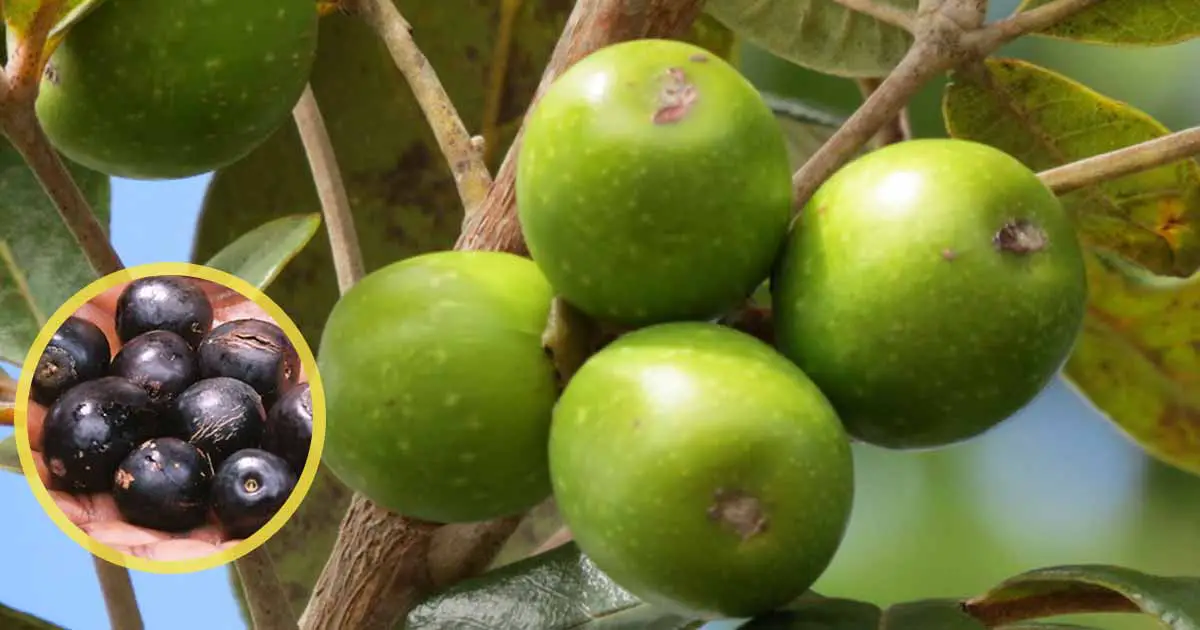
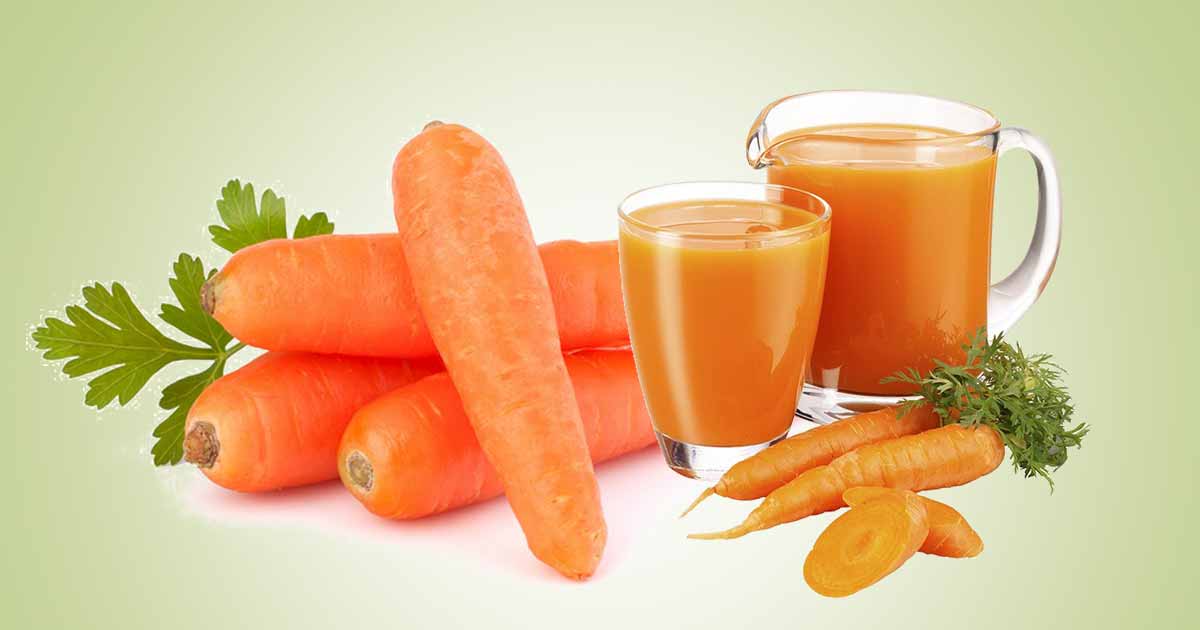
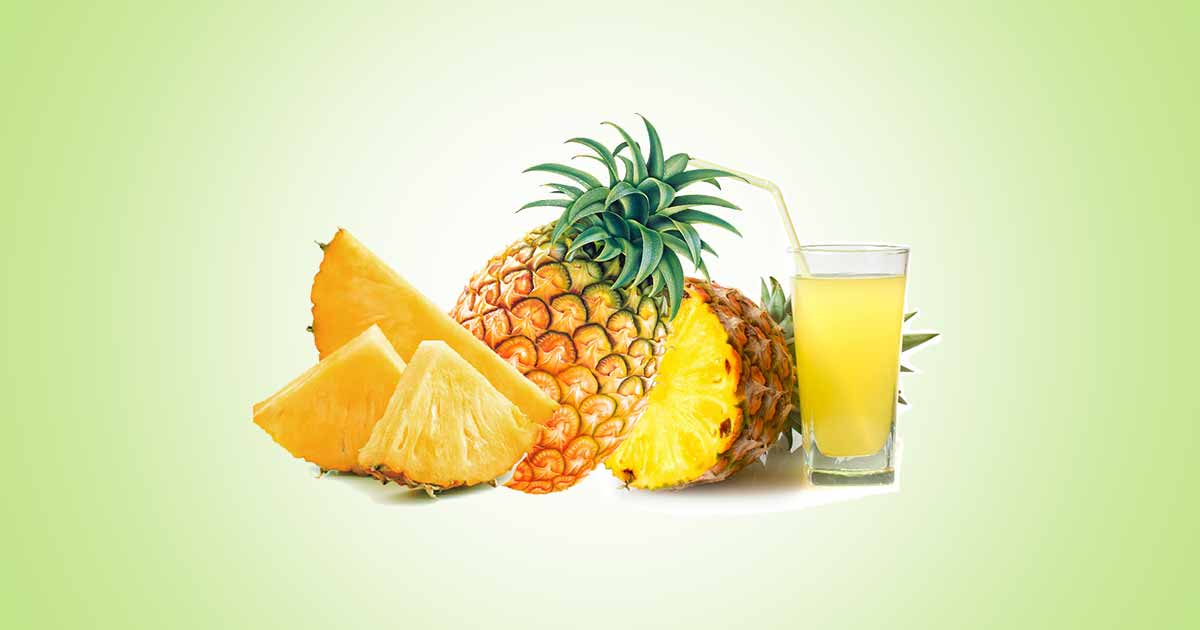
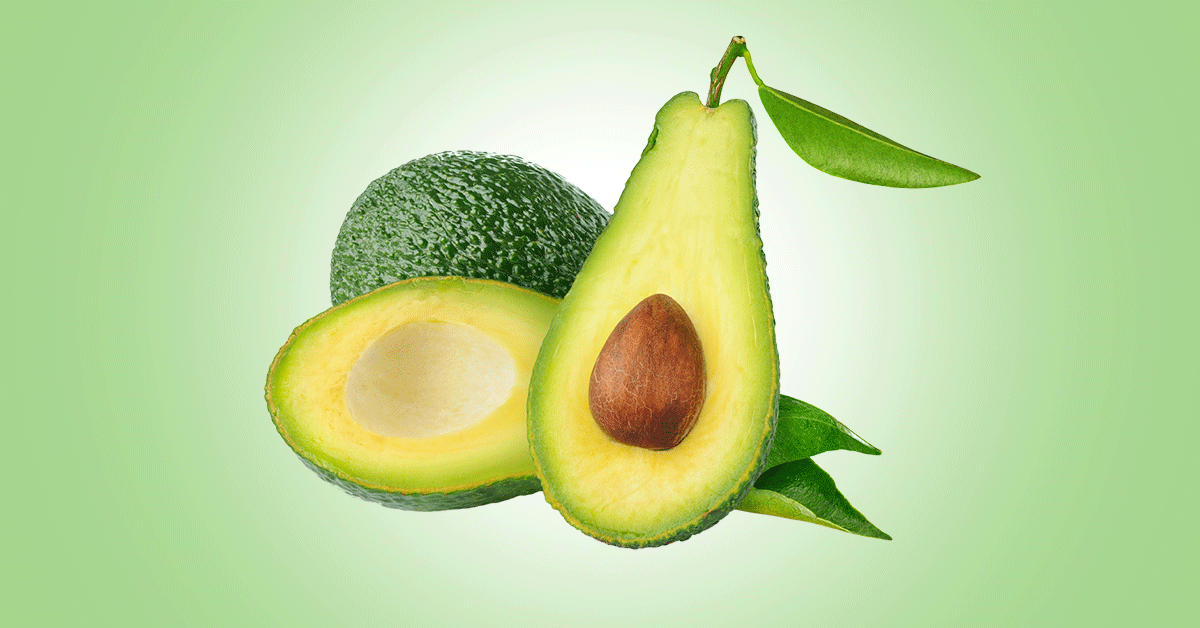
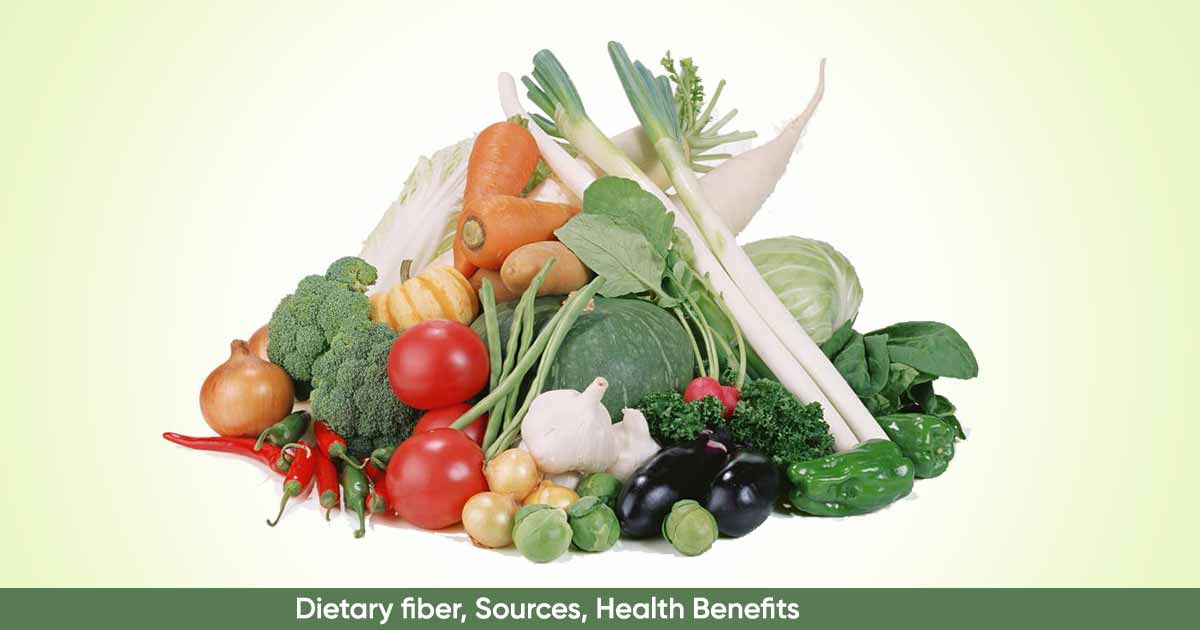
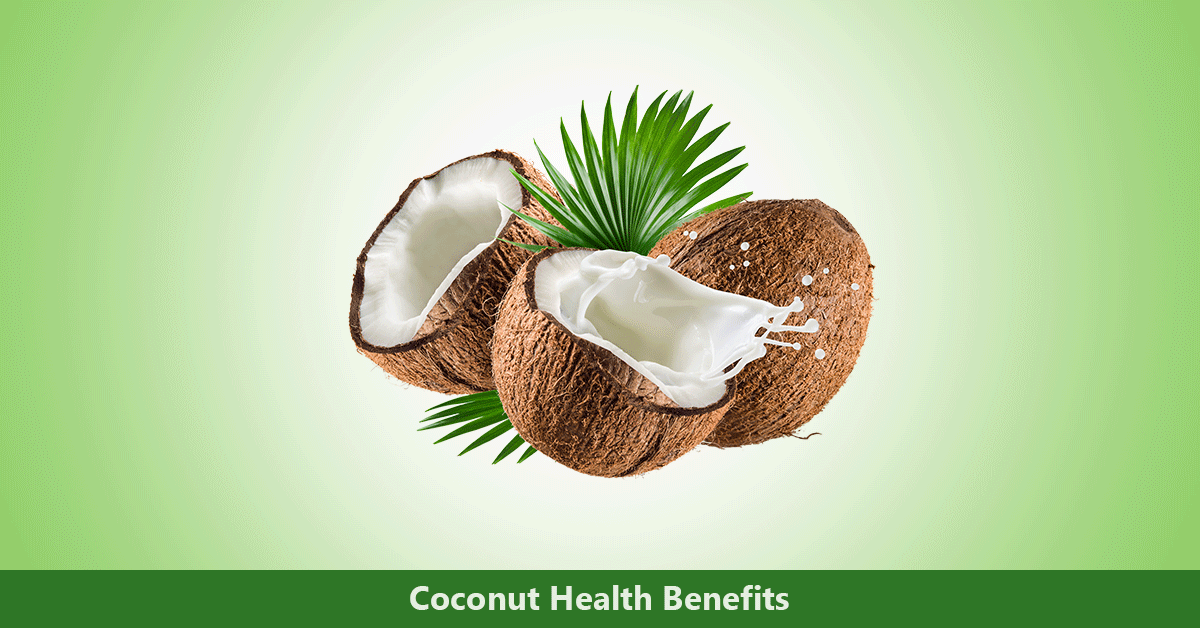
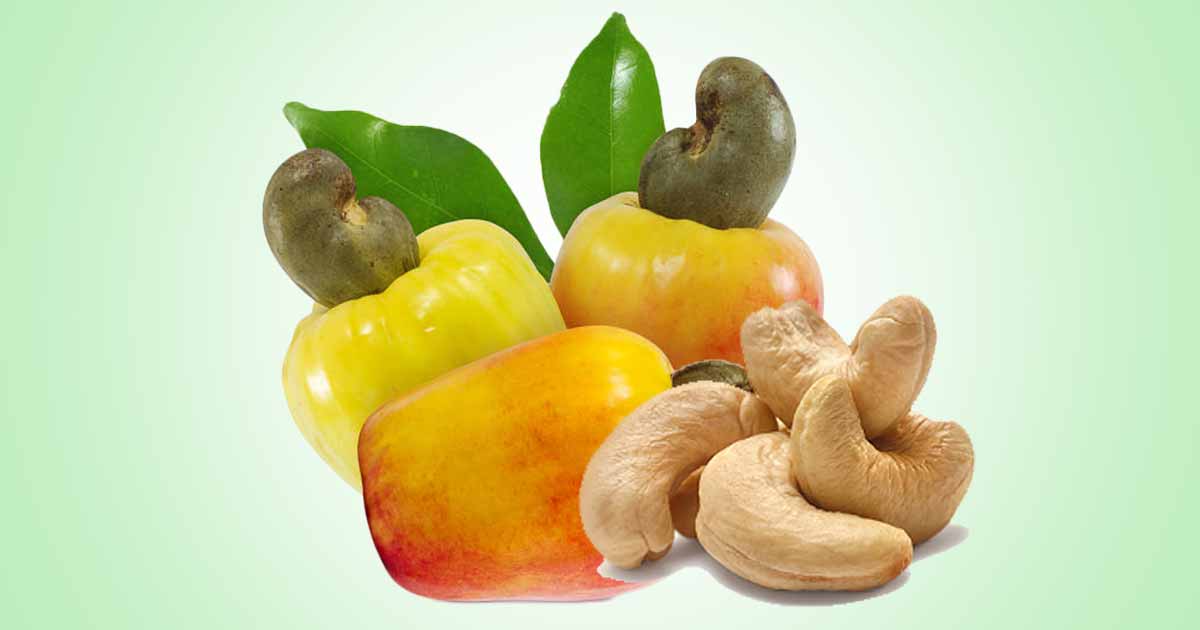
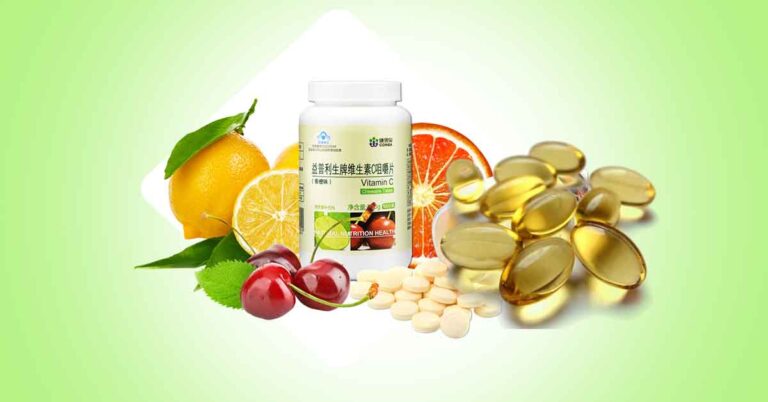
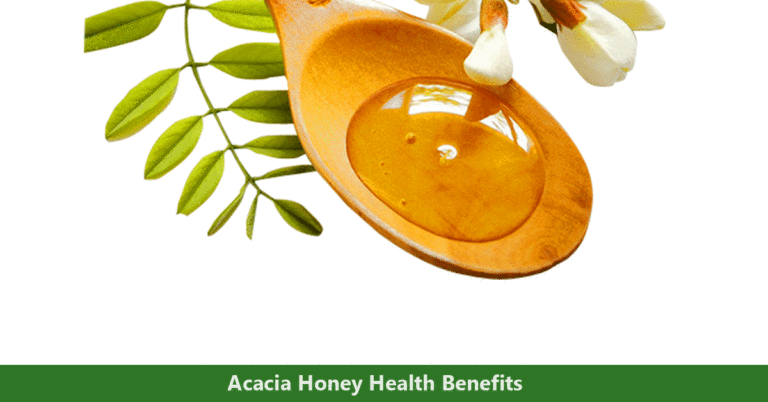
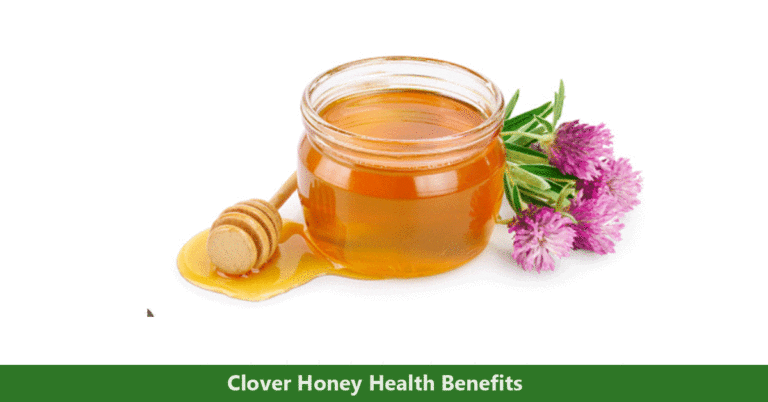
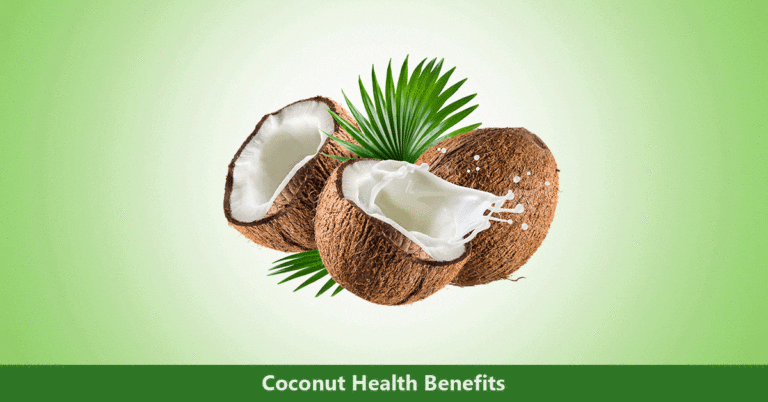

Interesting to know that black plum fruit has a lot of benefits to human health.